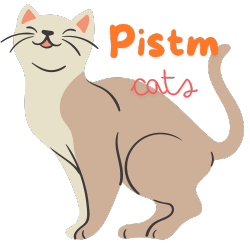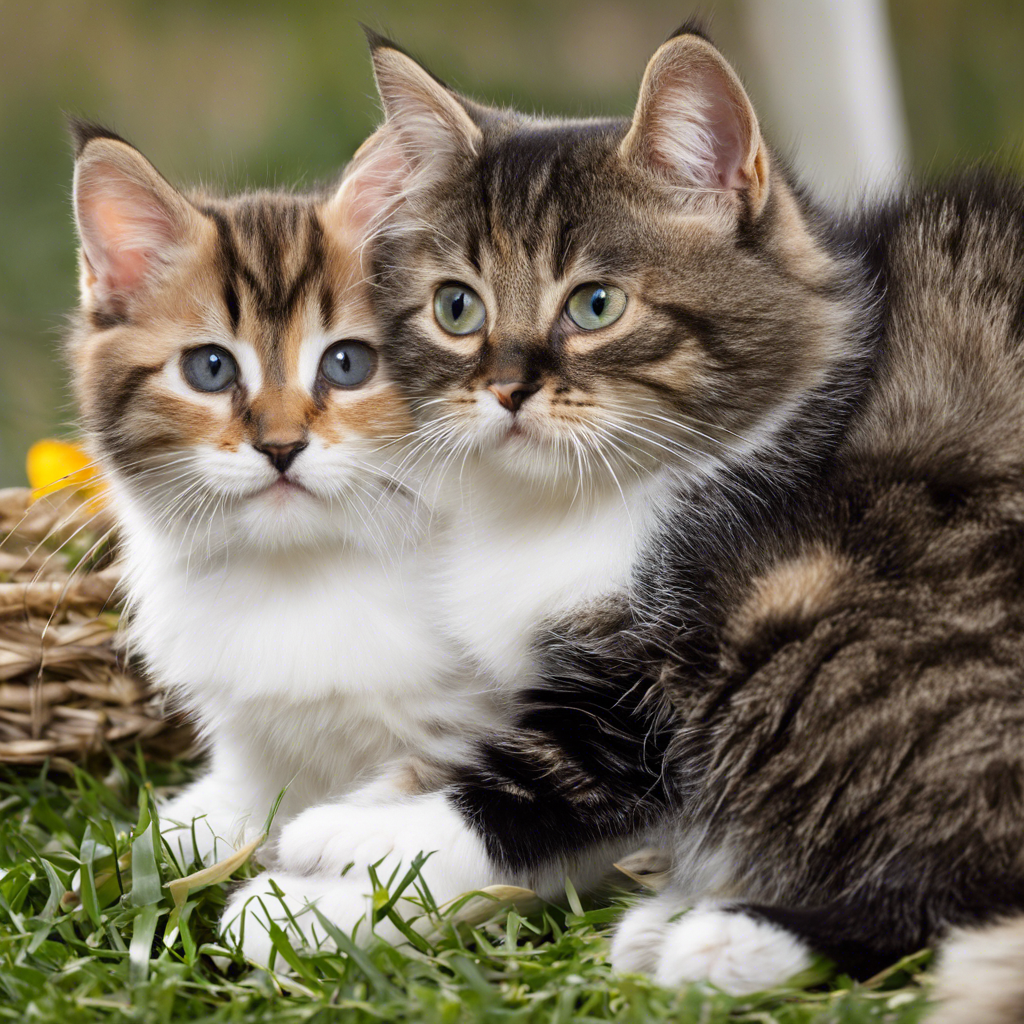The world of feline nutrition is a complex and ever-evolving landscape, and it can be challenging to navigate the plethora of information available to ensure your breeding cats get the best possible diet. But fear not! These guidelines will provide you with a comprehensive understanding of feeding and nutrition for your beloved breeding cats, ensuring they stay healthy and happy.
When it comes to feeding your breeding cats, there are several key factors to consider. Firstly, it’s important to understand the unique nutritional needs of cats. As obligate carnivores, their diet should primarily consist of animal-based proteins and fats. High-quality commercial cat foods typically provide a balanced diet, but it’s always a good idea to check the ingredient list to ensure it’s tailored to your cat’s needs.
The next consideration is the life stage of your cat. Kittens, pregnant and nursing cats, and older cats, all have different nutritional requirements. For example, kittens need a diet rich in protein and amino acids to support their growing bodies, while older cats may require specialized diets to manage weight or health conditions. Working with your veterinarian to create a tailored nutrition plan is always the best approach.
Variety is also essential in a cat’s diet. Different proteins and food sources offer a range of nutrients, so rotating your cat’s meals can ensure they get a well-rounded nutritional profile. This could include introducing novel proteins like rabbit or duck and incorporating fish oils for essential omega-3 fatty acids. However, sudden diet changes can upset a cat’s stomach, so gradual transitions over a few days are recommended.
While commercial cat food forms the basis of a balanced diet, supplements can also be beneficial. For example, adding probiotics can aid digestion and support gut health, especially after a course of antibiotics. Additionally, joint supplements like glucosamine and chondroitin can be beneficial for older cats or those prone to joint issues. Always consult your veterinarian before introducing supplements to ensure they are appropriate and safe for your cat.
Treats are another way to enhance your cat’s diet, but they should be given in moderation. Treats should not exceed 10% of your cat’s daily calorie intake, and it’s essential to choose options that are nutritious and low in calories. Fresh, lean meats or commercial treats with limited ingredients are ideal. You can even make your own cat treats at home!
Water is, of course, an essential component of any diet, and ensuring your breeding cats have access to fresh, clean water at all times is vital. Some cats prefer running water, so investing in a pet fountain may encourage hydration. Additionally, consider providing multiple water sources throughout your home, especially if you have multiple cats, to prevent competition and ensure easy access.
Lastly, monitoring your cat’s weight and body condition is crucial. Regular weigh-ins and body condition scoring can help you identify any nutritional imbalances or health concerns early on. Maintaining a healthy weight is essential for your cat’s overall well-being and can help prevent a range of health issues, including diabetes, joint problems, and heart disease.

